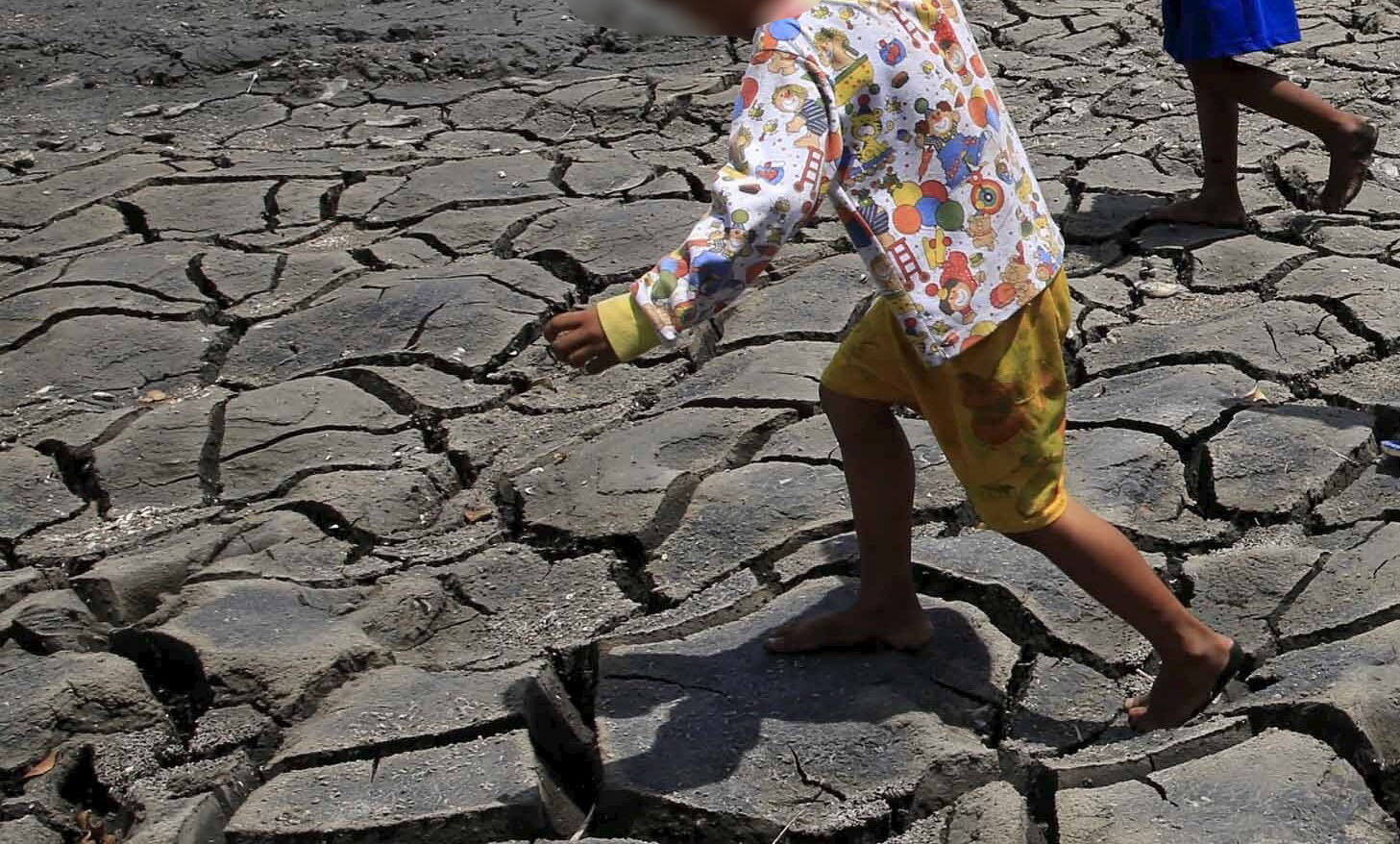Why are children the most vulnerable populations in the community?
Children are among the most vulnerable to the impacts of climate change due to their physical, emotional, and developmental needs. Here's how climate change affects them:
Health Impacts
- Increased Risk of Diseases:
- Rising temperatures and extreme weather events lead to the spread of waterborne diseases like cholera and vector-borne diseases like malaria and dengue.
- Flooding contaminates water supplies, exposing children to diarrhea and other gastrointestinal illnesses.
- Heat-Related Illnesses:
- Children are more susceptible to dehydration, heatstroke, and respiratory issues during heatwaves.
- Malnutrition:
- Droughts and unpredictable weather reduce food availability, leading to malnutrition and stunted growth.
- Poor nutrition compromises children’s immune systems, making them more vulnerable to diseases.
Education Disruptions
- School Closures:
- Floods, storms, and droughts damage infrastructure or force children to leave school temporarily or permanently.
- Children often drop out to help their families recover or because of migration.
- Loss of Learning Opportunities:
- In pastoralist or farming communities, children may stay home to help with livestock or agricultural activities during climate-related crises.
Emotional and Psychological Effects
- Trauma and Stress:
- Experiencing disasters like floods, droughts, or displacement can lead to anxiety, depression, and post-traumatic stress.
- Loss of homes, schools, or loved ones can leave lasting emotional scars.
- Disruption of Social Support Systems:
- Climate-induced displacement separates children from friends and communities, affecting their emotional development.
Displacement and Loss of Safety
- Forced Migration:
- Climate disasters can displace families, forcing children to live in temporary shelters or informal settlements.
- Displacement increases exposure to unsafe living conditions, violence, and exploitation.
- Risk of Exploitation:
- Displaced children may face child labour, trafficking, or early marriages in the aftermath of climate-related disasters.


Leave A Comment
All fields marked with an asterisk (*) are required